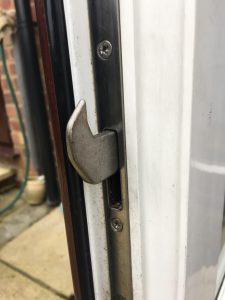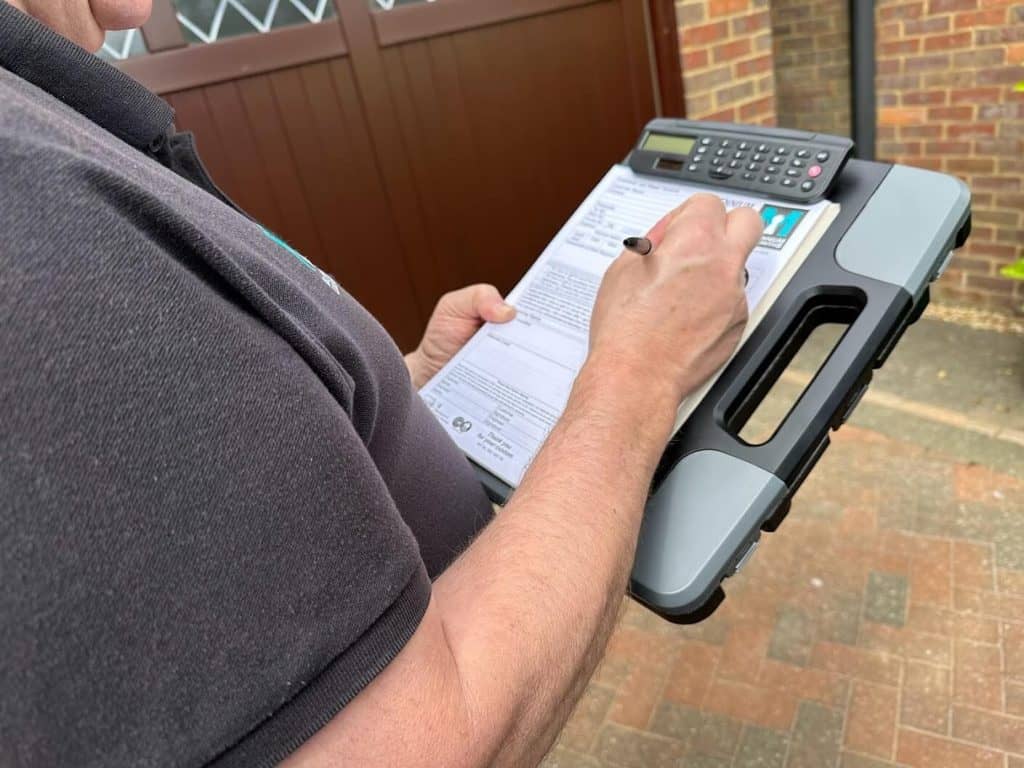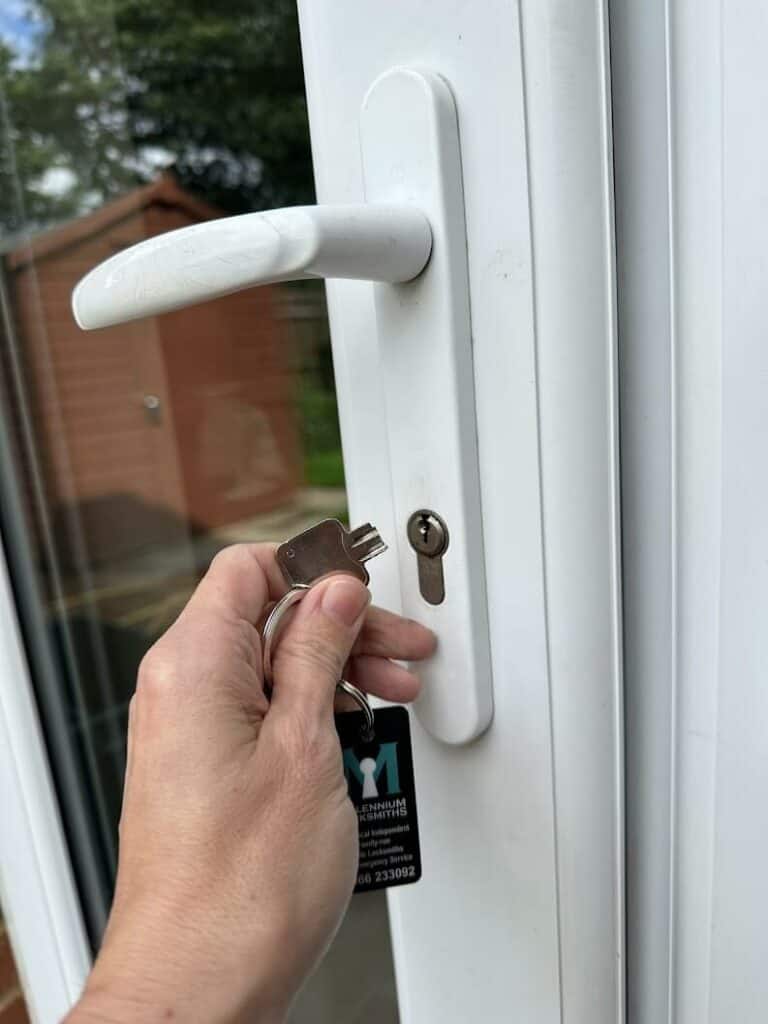Table of Contents
Is your uPVC door mechanism playing up?
Before we discuss uPVC mechanisms and the different features & elements to consider, we’d like to put out a disclaimer. When you first notice an issue with your uPVC locks or mechanisms, the first thing you should do is to contact a professional locksmith. When it comes to the locks of your home, it’s better to be safe rather than sorry. Doing any work on the locks yourself will complicate your home insurance claims in the event of a burglary, whereas you’re given a receipt of the work carried out when you use a locksmith. Visit our page on uPVC mechanisms for more information

uPVC mechanisms, locks & doors are becoming more and more popular in the UK, with more homes making use of the unplasticised polyvinyl chloride doors. uPVC continues to be a favoured material for windows & doors in UK homes. Whether it’s a modern sash window or a bi-fold door, uPVC is the dominant material in a lot of homes.
Why are uPVC mechanisms so popular?
uPVC windows & doors also offer better security due to the multi-point locking system that they use. This provides an extra layer of security compared to deadbolts on older timber doors. When you’re looking to invest in your home’s security, your best bet is to buy quality products & fittings. Proven uPVC mechanisms are the only way to gain peace of mind when you’re away from your home.
If you’re having issues with your current uPVC door, you need to first identify what brand of lock/mechanism it is. There should be small markings on the face or on the side of the lock. If your lock is from a generic “no name” brand, the locksmith who’s working on your locks will try and reference it to a lock that they stock. If this is the case with your lock, it may be best to upgrade your lock a known brand. Common brands of uPVC mechanism you may find are: Fullex, Fuhr, Maco, Ferco, ERA, KFV, Yale, Lockmaster, Avocet & Winkhaus . These brands sell locks that are British Standard certified.
Common brands of uPVC mechanism you may find are: Fullex, Fuhr, Maco, Ferco, ERA, KFV, Yale, Lockmaster, Avocet & Winkhaus
Common uPVC Mechanism Problems:
Although it offers excellent security the fact that a uPVC door lock is a working mechanism means that it can sometimes fail. It is a much more complex locking system than a simple deadbolt. You will get a good 10 years out of a quality uPVC multipoint door lock but it is important to spot the signs early if you feel it is not functioning correctly.
There are several parts in your average uPVC mechanism, making it essential that they’re taken care of. If you’re having problems with your uPVC lock/mechanism then it’s a good idea to contact a professional locksmith. Sometimes, however, problems can arise from the lock cylinder itself. Most, if not all uPVC doors in the UK use euro cylinder locks. This is the standard in the UK and is widely adopted within Europe hence the name. If your key feels stiff in the lock or it takes some effort to turn and open the door then it might be that you need to replace your cylinder lock.
However, the main benefit of having a multipoint uPVC door mechanism is that if a part breaks down you often will only have to replace the part that failed. Full unit uPVC door locks can be an expensive investment and so singling out what the problem is will cut down your costs. For instance, the majority of problems with uPVC door locks will stem from the gearbox, instead of replacing the whole unit you will only have to replace the gearbox.
If you’ve found a problem with your uPVC locks in your home, visit our website on: Millennium Locksmiths








